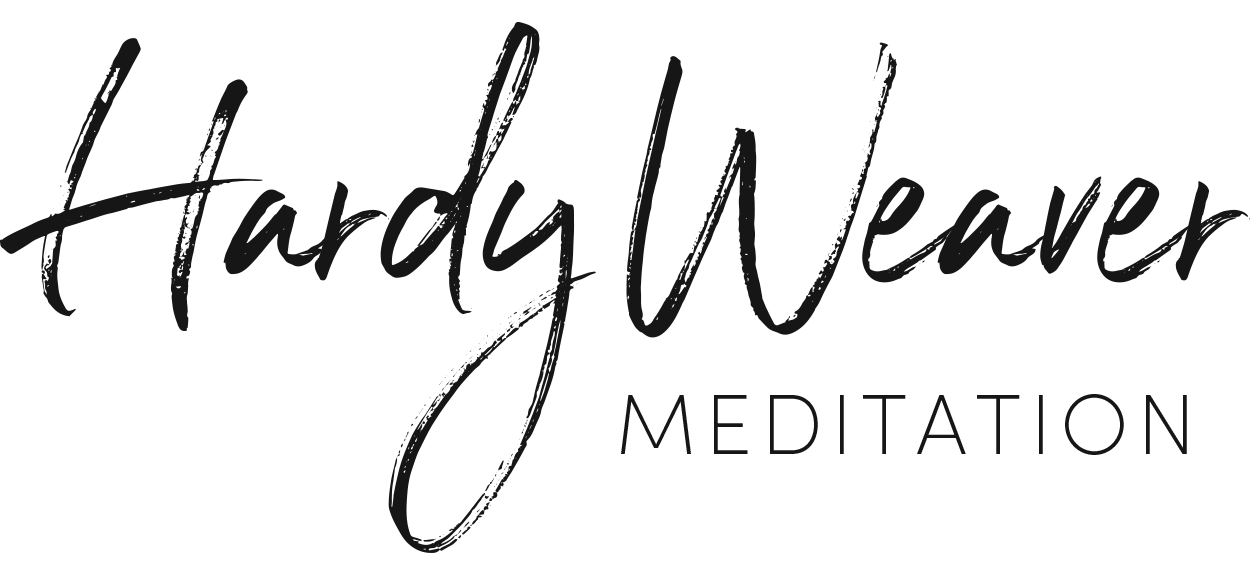
Frequently Asked Questions
Will meditation work for me?
Yes, because Vedic Meditation is completely natural. This style of meditation was designed thousands of years ago for and by people like us: people with jobs, relationships, and many daily demands. It doesn’t require specific skills or the adoption of any particular lifestyle.
Do I have to sit in and hold a specific position while I meditate or chant?
No. When you meditate, you sit comfortably in silence with your back supported and your eyes closed. You can change your position at any time to maintain maximum comfort and ease. To anyone watching you, it looks like you’re simply resting.
How is Vedic Meditation different from other techniques?
Vedic Meditation is unique and essentially different from other forms of meditation and relaxation. Other types of meditation generally involve concentration (focusing the mind through effort) or contemplation (thinking about the meaning of something) - both of which keep the mind active. Vedic Meditation is a completely effortless technique that de-excites the mind in a natural, spontaneous way.
How long will it take until I feel the benefits?
Most people report feeling calmer, having greater physical energy, and mental clarity in the first week of practicing meditation. Actually, many people feel the benefits after their first meditation. Friends and family will probably comment that you seem calmer, happier, and less stressed.
Do I need a special meditation room to meditate in?
No. This technique is completely portable. You can practice it anywhere: on the subway, at your desk, on a plane, in a park, at a Mardi Gras parade. You don’t need absolute silence in order to practice it. All you need is a place to sit. It’s also very useful for people who travel often, since it assists with jet lag and fatigue.
Will it take years for me to master?
No. By the end of the 4 day course, you’ll be able to meditate on your own. Weekly group meditations are provided to ensure you stay on track with your practice.
Do I have to change my religious or personal beliefs?
No. The only thing that’s changing is we’re adding 20 minutes, twice a day, into our daily routine. This simple practice will naturally and spontaneously enhance our health, beliefs, relationships, and communities.
What is the course fee?
The course fee varies depending on location and group vs. private course structure. Discounted rates are available for students, teachers, and veterans. Reach out for more details on the course fee.
Do you teach private courses?
I do! These courses can be scheduled one-on-one, or I can train couples, families, or small executive teams all in a private setting. You can learn in my studio or I can travel to you and you can learn in the comfort of your own home.
What is the relationship between Vedic Meditation and “Transcendental Meditation” as taught and promoted by Maharishi Mahesh Yogi?
Maharishi Mahesh Yogi was a revered spiritual teacher from the Shankaracharya lineage in India. Hardy's teacher, Thom Knoles, was trained as a teacher of Transcendental Meditation (“TM”) by Maharishi Mahesh Yogi, and taught it for over 25 years with organizations affiliated with Maharishi. Since 1997, Thom has continued to teach meditation as he learned it from Maharishi, and has done so independently and separately from the TM organizations. Thom Knoles trained Hardy to teach meditation in the same way that Maharishi trained him to teach meditation. Hardy teaches Vedic Meditation and is not affiliated with the TM organizations or their current services, processes, or programs. However if you have learned Transcendental Meditation, you are welcome to speak to Hardy about joining his regular group meditations.
What does scientific research say about this form of meditation?
The form of meditation that Thom Knoles taught for over 25 years with the TM organizations as “Transcendental Meditation,” has been the subject of hundreds of scientific studies showing a wide range of benefits from regular practice. These studies, which refer to this form of meditation using the name “Transcendental Meditation” or “TM”, support the benefits obtainable from regular practice of Vedic Meditation. These benefits include:
Reduced stress and anxiety
Decreased depression
Reduced insomnia
Lower blood pressure
Decreased cholesterol
Reduced congestive heart failure
Reduced atherosclerosis/stroke
Decreased free radicals
Reduced metabolic syndrome/pre-diabetes
Reduced cardiovascular risk factors
Reduction in pain
Decreased health care costs
Higher levels of brain functioning
Improved intelligence, creativity and learning ability
Improved academics
Increased longevity
Reduced substance abuse
Have a question that isn’t covered here? Email me and ask away.

Book a free introductory talk and see if it’s right for you.
Schedule a free chat over the phone or on Zoom and I’ll answer any questions you may have. There’s no obligation to sign up afterwards.

